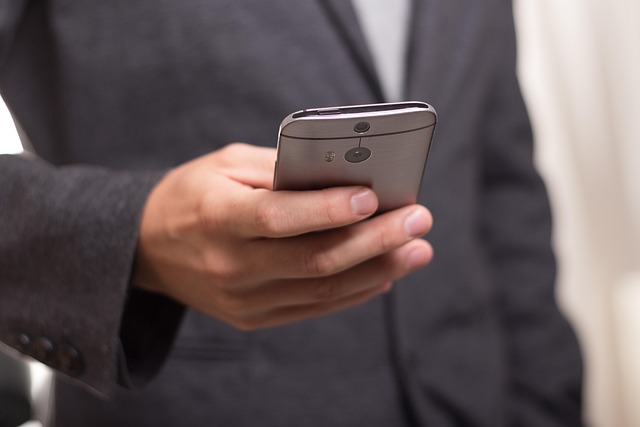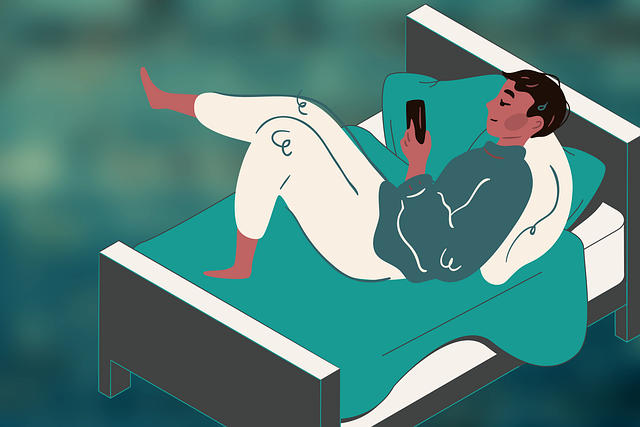Fairmont's pro bono legal services provide crucial assistance to residents facing economic barriers, offering support in civil rights, family law, and criminal defense. Eligibility is determined by income, assets, and case nature, with local bar associations and community groups collaborating to reach a diverse range of individuals. Instead of directly contacting lawyers or firms in West Virginia (WV), such as 'lawyers WV' or 'attorneys WV', vulnerable communities should connect with local pro bono organizations for tailored guidance. These services empower residents, address legal hardships, and foster trust between legal experts and underserved groups, contributing to a more equitable Fairmont. Breaking down the stigma around legal aid is essential for ensuring fair access to justice without equating weakness to adversity.
Pro Bono Services for Fairmont Victims: Empowering Access to Justice
Many individuals in Fairmont, West Virginia, face legal challenges without access to affordable legal aid. This is where pro bono services step in as a vital resource, offering free or low-cost legal assistance to those who need it most. Our guide aims to educate and empower residents by explaining their rights to pro bono support, how to access it, and the positive impact on the community. With a focus on West Virginia’s unique context, we encourage residents to take advantage of these invaluable services without the need to engage traditional lawyers or law firms in WV.
Understanding Pro Bono Services: A Guide for Fairmont Victims
Pro bono services offer legal assistance to individuals who cannot afford it, ensuring access to justice for all. For victims in Fairmont, this can be a lifeline, providing much-needed support during challenging times. These services are typically provided by lawyers and law firms who volunteer their time and expertise, without expecting payment.
Fairmont residents facing legal issues but lacking financial resources can benefit from pro bono offerings. This includes help with various matters, such as civil rights, family law, or criminal defense. Many local law firms and individual attorneys in West Virginia are committed to offering these services, ensuring that legal aid is accessible to those who need it most, regardless of their economic standing.
Who Qualifies for Free Legal Aid in West Virginia?
In West Virginia, individuals facing legal challenges may be eligible for free or pro bono legal aid if they meet certain criteria. Those who qualify typically include low-income earners with limited assets and those facing civil or criminal matters that could significantly impact their lives. The goal of these services is to ensure equal access to justice, providing support to individuals who might otherwise struggle to afford representation.
Eligibility varies based on factors like income, family size, and the nature of the case. Organizations offering pro bono legal aid in West Virginia often collaborate with local bar associations and community groups to reach a wider range of individuals in need. Individuals seeking assistance should contact these organizations directly or consult with social services agencies for guidance on determining their eligibility without involving specific lawyers, attorneys, or law firms from West Virginia.
Navigating the Process: How to Access Pro Bono Legal Assistance
Navigating the process of accessing pro bono legal assistance can be daunting for victims in Fairmont who are seeking support but unsure where to turn. The first step is to reach out to local organizations dedicated to providing free or low-cost legal services. These groups often have knowledgeable staff who can guide individuals through the system and connect them with appropriate resources. Many non-profit legal clinics and bar associations offer pro bono programs specifically designed to aid those in need, especially when dealing with sensitive matters like domestic violence, criminal cases, or discrimination claims.
Instead of directly contacting a lawyer or law firm in West Virginia (WV), such as referring to “lawyers WV” or “attorneys WV,” victims should focus on connecting with the right organizations. They can search for local pro bono legal aid societies or reach out to state bar associations that often have resources and partnerships to assist residents. These channels ensure a more tailored and supportive experience, recognizing that not all legal needs require a traditional lawyer-client relationship.
The Impact of Pro Bono Work on Fairmont's Vulnerable Communities
Pro bono legal services play a pivotal role in empowering Fairmont’s vulnerable communities and ensuring justice for those who may otherwise lack access to representation. When legal professionals offer their time and expertise free of charge, it creates a ripple effect of positive change. Many residents in these communities face numerous challenges, from complex legal issues to economic hardships, making it difficult to navigate the judicial system. By providing pro bono assistance, legal experts can help defend the rights of individuals who have been wronged, whether it’s through securing benefits, protecting property rights, or advocating for fair treatment.
This act of kindness not only offers direct support to those in need but also contributes to a more equitable society. It fosters trust between legal professionals and underserved communities, encouraging collaboration and mutual understanding. Moreover, pro bono work raises awareness about social justice issues, ensuring that the voices of the vulnerable are heard and their struggles addressed, ultimately strengthening the fabric of Fairmont’s diverse neighborhoods.
Overcoming Stigma: Encouraging Use of Free Legal Services in WV
In West Virginia, the stigma surrounding legal aid often prevents victims from seeking pro bono services. Many individuals, especially those from marginalized communities, may feel ashamed or embarrassed to admit they need help. This cultural and systemic barrier must be addressed for fair access to justice. Overcoming this stigma requires raising awareness about the availability of free legal services tailored specifically for Fairmont victims.
Community education and outreach programs can play a pivotal role in changing perceptions. By destigmatizing pro bono work, we encourage more people to come forward and accept the support offered by generous legal professionals. It is essential to communicate that seeking assistance does not equate to weakness but rather demonstrates resilience and a proactive approach to overcoming adversity. Breaking down these barriers will ensure that no one suffering from unfair treatment or systemic injustices remains without legal representation in West Virginia.






